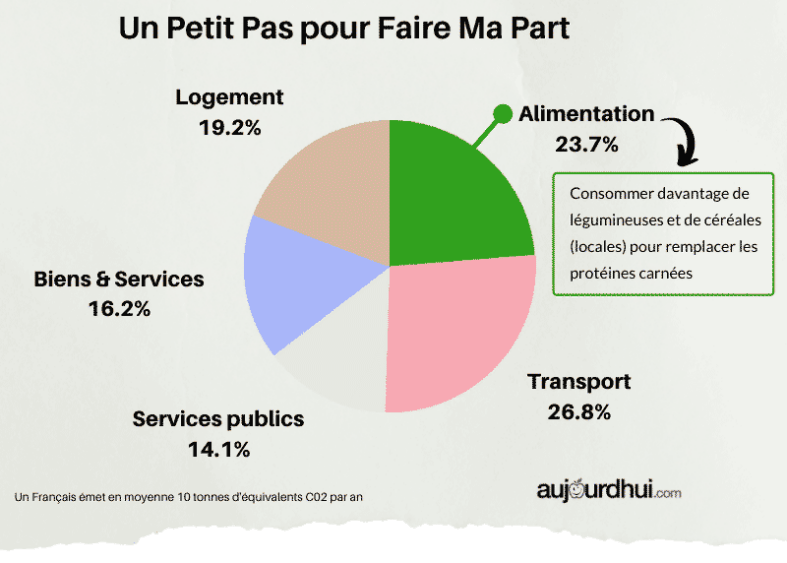Your car has been less fuel efficient for a few weeks now. It’s because of the temperature

Well, this whole global warming thing might not be such a bad idea after all. That is, if the consumption of your petrol or diesel car was the most important thing in the world. Because it’s not just electric cars that get less far in cold weather without a stopover. Fuel cars really run less efficiently when it’s cold outside. The outside temperatures have dropped considerably in the past two weeks, so it may well be that you have noticed that you do not get as far on one tank. But why is a car less fuel efficient in winter?
According to the U.S. Environmental Protection Agency (EPA), fuel consumption can increase by 12 to 28 percent if the temperature outside drops from 24 to 7 degrees. There is not one single reason why your car is less fuel efficient in the winter.
Cold engine
In any case, cold engines run less efficiently than engines that are at a good temperature. And the colder the engine, the longer it takes to reach full operating temperature. One of the reasons a car is less fuel efficient in the cold is that it runs richer for longer after the start. This means that more fuel is supplied per volume of air in the intake path.

You heard your grandfather about the choke (or shóok, as he called it) of older cars. The choke makes the engine run richer and is necessary to prevent it from stalling when cold. Modern engines regulate this automatically. Obviously, the richer mixture makes the engine less economical.
It is also true that colder oil is thicker and the engine has to make more effort to pump the oil around. Ultimately, anything that takes a car effort will be detrimental to your consumption, if you don’t drive a hybrid in any case.
Your car is also less economical in winter due to air resistance
According to the Canadian government the density of cold winter air is up to 11 percent greater. This ensures a higher air resistance. This alone would save 1.3 percent in consumption. In addition, the wind is often stronger in winter. If you have a headwind, consumption also increases. You can even suffer from more rolling resistance due to junk on the road surface. Think snow, mud and leaves.
Winter petrol
No, this is not a myth. There really is such a thing as winter and summer gasoline. According to Dutch law, pumping stations are obliged to supply ‘summer quality’ petrol from 1 May to 30 September. In winter, butane is added to the gasoline. This results in a lower energy density and is one of the reasons (there are quite a few) why fuel-driven cars run less efficiently in winter.
Also read: This is what you need to know about winter and summer petrol
More systems in the car
Even in winter it can make sense to turn on the air conditioning at the start of your journey to demist the windows. You may use the system less often than in the summer, but other things also contribute to a higher fuel bill. For example, have the rear window heating on more often, the wipers are swaying more and you will more often want to experience the warm toilet seat feeling by activating the seat heating. Those things won’t make for astronomical differences, but every little bit adds up.















